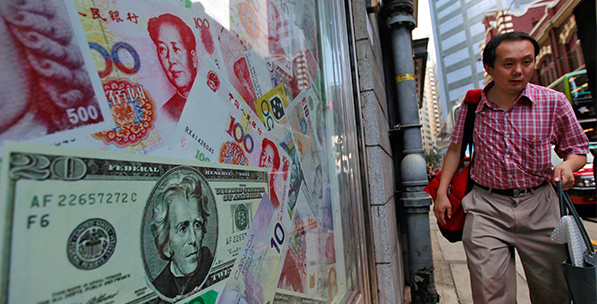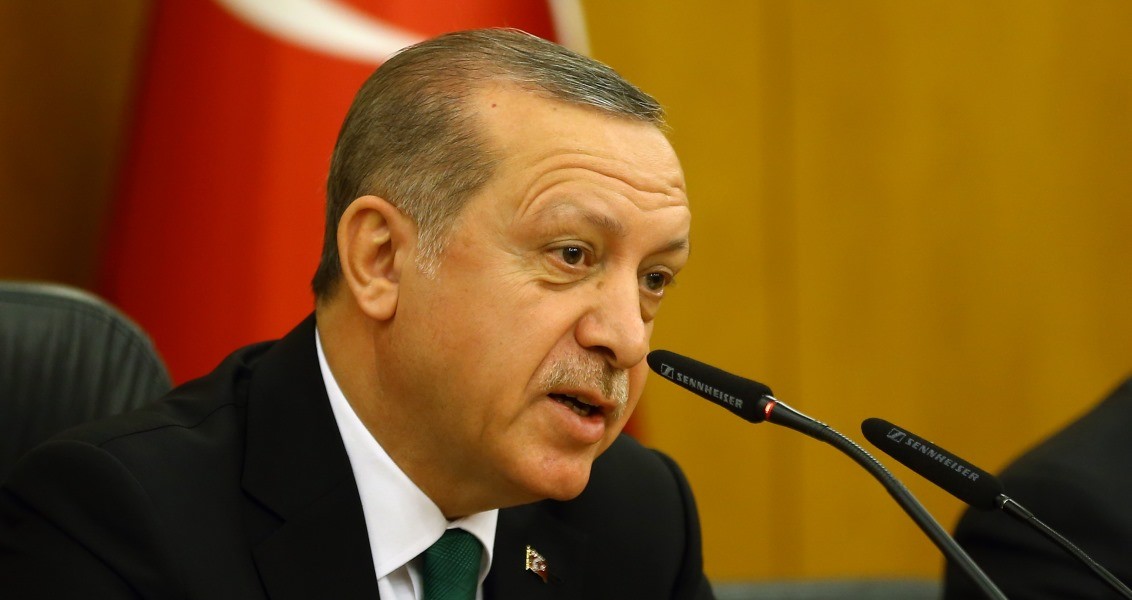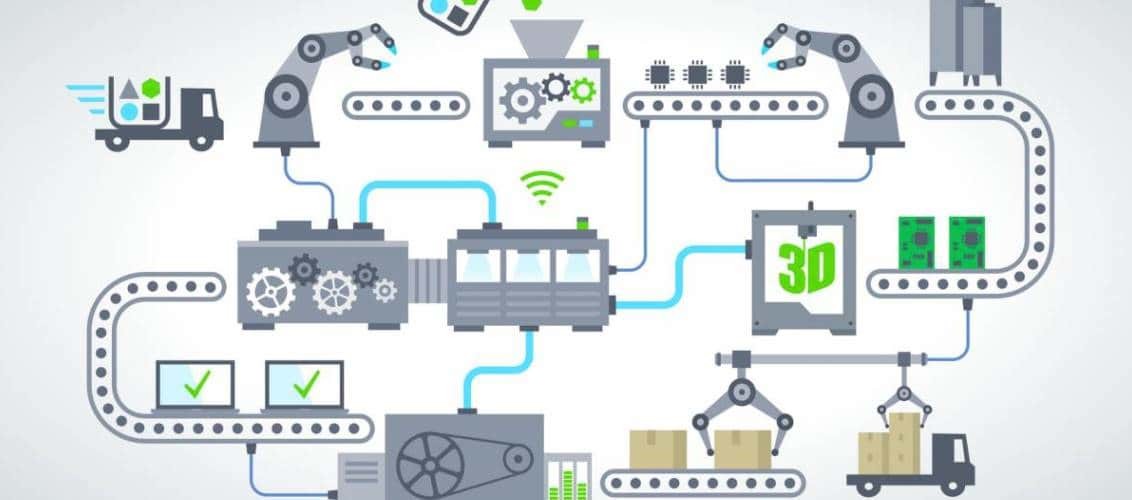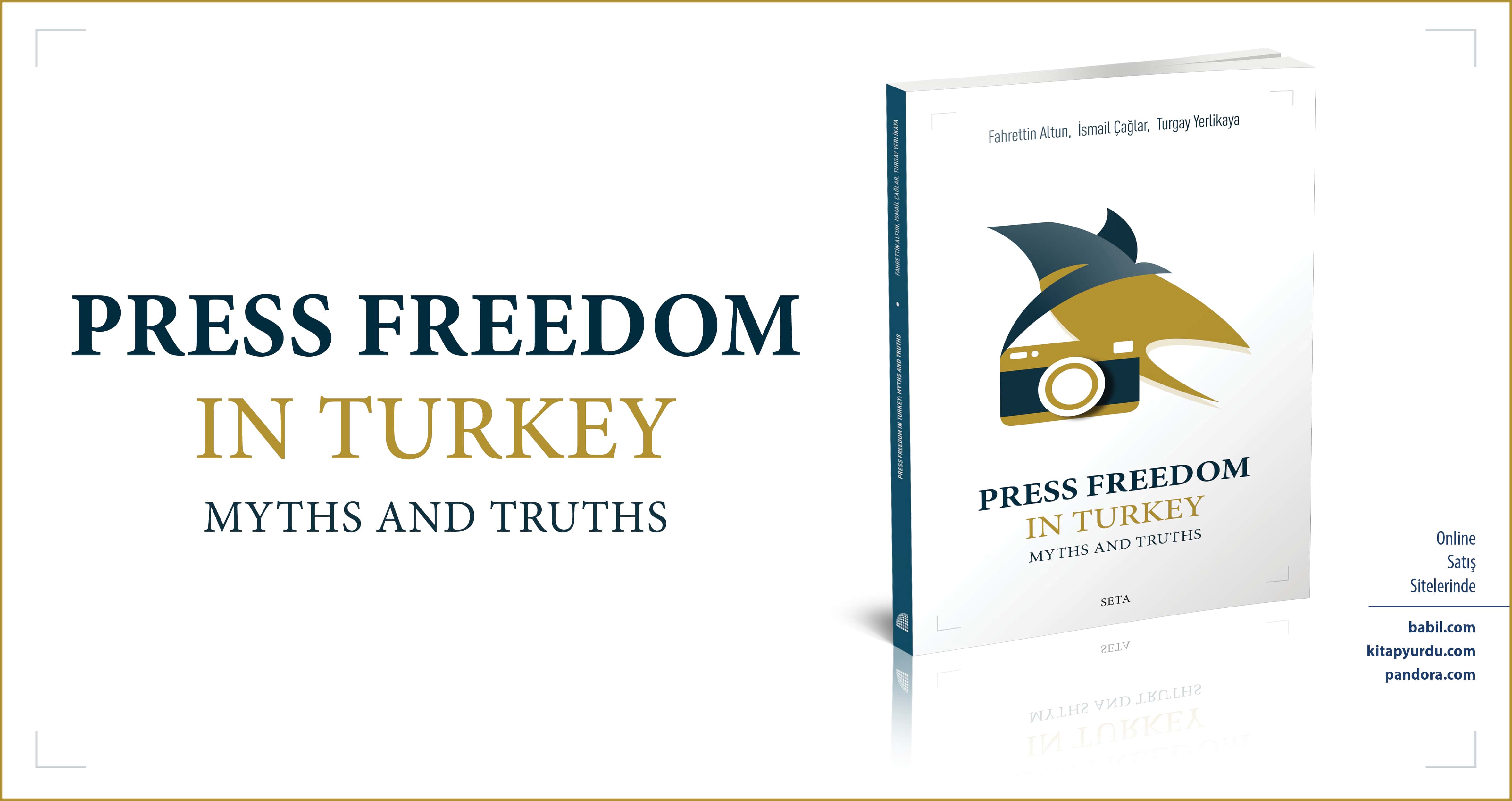Needless to say, we live in an age of accelerated economic globalization, multiple channels of intense interconnectedness, and integration of production, finance, trade and information networks. Although still largely dominated by the "triad" of the United States, European Union and Japan, the global economy witnessed the dawn of multi-polarity through the ascendancy of emerging powers such as the BRICS and MINT countries. On a broader level, there has been an unavoidable shift in mainstream issues dominating international politics from national/global security and geopolitics to economic and technological competitiveness, energy security and financial sustainability. As the late Susan Strange predicted in the 1990s, state-state, state-firm and firm-firm relations intensified in the new millennium and generated new forms of "trilateral diplomacy," which placed leading multinational corporations (MNCs), along with political actors, at the forefront of big power strategies for global domination.
Despite sponsoring, manipulating and even managing some of the proxy wars in the Middle East, sub-Saharan Africa, Latin America and South Asia, major powers increasingly prefer to rely on their "soft" and "smart power" potentials, rather than "hard power" capacities for increased global effectiveness.
This trend created a brave new world of inter-state and public-private diplomacy dubbed "economic diplomacy" by Raymond Saner, based upon a completely novel logic of economic-technological competitiveness, improved governance capabilities for multilateral decision-making and sophisticated forms of support for nationally- based entrepreneurs. The actors of this new diplomatic stage include international technocrats specializing in multilateral institutions such as the World Trade Organization, G-20, International Monetary Fund, World Bank, United Nations Development Programme and Organisation for Economic Co-operation and Development. They are national delegations that develop policy-oriented expertise in these institutions. Leading MNCs often coalesce with their governments and academic-intellectual institutions which support the emerging system by creating instrumental discourses and justifications.
The flexible and evolving priorities of economic diplomacy include "project advocacy" in the case of major international contracts and facilitate new export market openings through preferential trading areas and customs unions. They also facilitate corporate alliances for research and development as well as technology transfers, contributing to the inflows of foreign direct investment and taking an active role in global governance platforms. Over the course of the 2000s Turkey closely followed the evolving global diplomatic paradigm and pursued strong bilateral initiatives including preferential trading agreements, visa-free travel arrangements, "High-Level Strategic Cooperation Councils" and historical openings to Africa, Latin America and East Asia. As the fastest growing airline carrier in the world, Turkish Airlines became an instrumental part of this new economic diplomacy, along with Turkey's dynamic international development and technical support agency, the Turkish Cooperation and Coordination Agency.
Looking to the future, it does not require tremendous expertise to predict that Turkey's economic diplomacy will increasingly focus on issues of effectiveness in global governance platforms. A new generation of economic diplomats will be needed who can articulate the interests of Turkey and similar developing countries on international platforms in view of socio-political realities and business interests. During our visits to the Ministry of Foreign Affairs and Trade of South Korea, or similar institutions in East Asia, the most striking observation we made was the conceptual and practical proximity between diplomatic and economic strategies.
Along with Turkey's economic dynamism and developmental momentum, Turkish diplomacy is also likely to evolve in a parallel direction whereby economic and t








